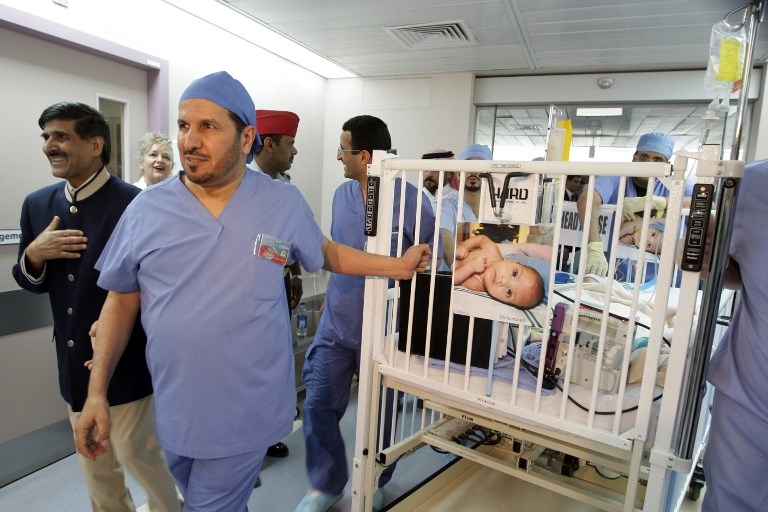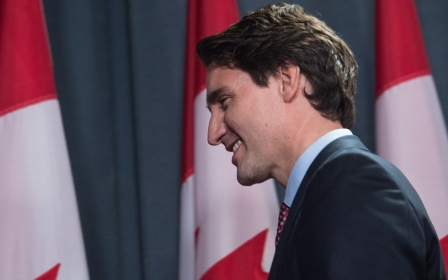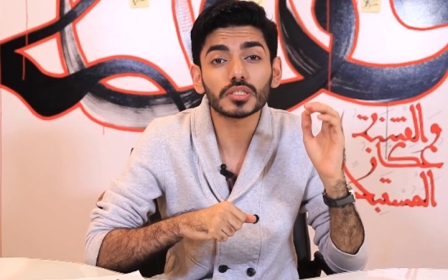Saudi to allow medical students to continue training in Canada

In a seeming U-turn in its row with Canada, Saudi Arabia will allow more than 1,000 medical trainees to remain in Canada to complete their training.
Saudi Arabia suspended new trade and investment with Canada earlier this month after Ottawa’s foreign ministry put pressure on the Gulf kingdom to release detained human rights activists.
All students sponsored by the kingdom at Canadian universities and colleges had been recalled in the wake of the row.
But on Monday Saudi medical residents and fellows training in Canada received a message from the Saudi ministry of education, notifying them that they would be permitted to continue with their training programmes.
“We would like to let you know that you can continue in your medical training programme at the level of fellowship or subspecialty until there is an appropriate opportunity to transfer you to another country. The attache will continue to pay your allowances and your training fees,” the message reads.
A Saudi medical student in Canada told Middle East Eye he is pleased he will no longer have to leave the country immediately, but uncertainty over his future lingers.
“We are not sure what this means. Is it a U-turn? How many of us will have to leave? We will be able to finish our studies? None of this is clear," he said.
Saudi medical trainees in Canada were initially told to make arrangements to leave the country by the end of the month, and some had already left.
According to a report in the Lancet, 23 percent of the 1,658 'visa trainees' - medical students receiving specialised training - in Canada last year were Saudi.
Canada has been a popular location for Saudis pursuing medical specialities because training programmes accept the students' original qualifying exams for further study.
The decision to allow the trainees to continue has not been seen by everyone as a sign of a change of heart by Saudi Arabia.
“Saudi officials are showing support for their own trainees. I don’t think this implies they are retreating in any way,” Andrew Padmos, chief executive of the Royal College of Physicians and Surgeons of Canada, told Canada's Globe and Mail newspaper.
The rupture between the two countries started after Canada's foreign ministry urged Saudi Arabia in a tweet earlier this month to “immediately release” women’s rights and human rights activists held in its jails.
Riyadh recalled its ambassador to Canada, and expelled the Canadian ambassador. Saudi news outlets reported that the kingdom would suspend educational exchange programmes with Canada and move scholarship recipients to other countries.
"It would be a shame for those students if they are deprived of the opportunity to study here," Canada's foreign minister, Chrystia Freeland, told reporters.
But she said Canadian policies towards human rights would not change.
"Canada will always stand up for human rights in Canada and around the world, and women's rights are human rights," Freeland said.
Saudi Crown Prince Mohammed bin Salman has been at the helm of a crackdown on all forms of opposition since being named heir to the throne in June 2017.
Last month, authorities rounded up women’s rights activists with many still in detention and possibly facing the death penalty for their activism.
That's incorrect; the total number of Saudi visa fellows is 23 percent of the total of 1,658. The sentence in the report is: In 2017, 419 (62%) of the 672 visa residents and 389 (23%) of the 1658 visa fellows in Canada were from Saudi Arabia, the largest numbers from a single country.
Middle East Eye delivers independent and unrivalled coverage and analysis of the Middle East, North Africa and beyond. To learn more about republishing this content and the associated fees, please fill out this form. More about MEE can be found here.



